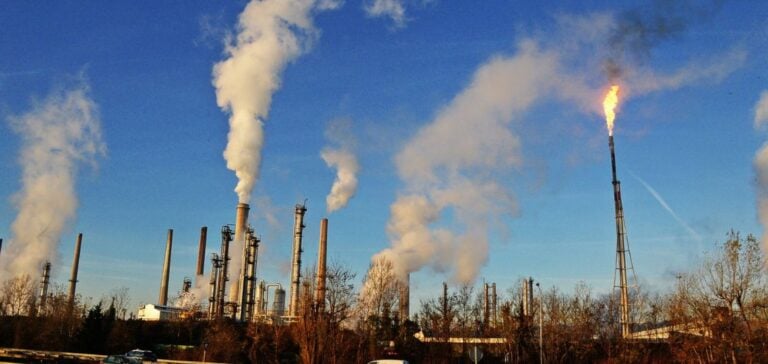The French High Council for the Climate (HCC) sends a warning letter to the French Prime Minister, expressing concern about the delay in the fight against climate change. The letter, signed by Corinne Le Quéré, President of the HCC, highlights the delays in adopting key measures despite a reduction in greenhouse gas emissions announced for 2023.
The need to accelerate action
Despite a Citepa pre-estimate indicating a 4.8% drop in emissions by 2023, the HCC criticizes the lack of formal adoption of several important climate strategies. Among these, the Energy and Climate Programming Act and the National Low-Carbon Strategy have still not been officially adopted, highlighting a possible regression in France’s climate ambitions.
Structuring instruments on hold
The HCC, an independent body set up at the end of 2018, notes the lack of formal adoption of key documents to guide long-term climate action. These delays are perceived as a risk of rolling back the ambitions of French climate policy, a country which is aiming to reduce its emissions by 50% by 2030 in line with European commitments.
Public consultation relaunched
In response, the Prime Minister has launched a major public consultation on the National Low Carbon Strategy and the Multi-Year Energy Programming Act. The French Minister for Ecological Transition, Christophe Béchu, acknowledges the need to continue and intensify efforts, despite a notable silence from Matignon on the timetable and precise details of this strategy.
The President of the HCC calls for a climate adaptation policy that is anticipatory, preventive and transformative. It stresses the crucial importance of operational implementation of strategic frameworks for climate change mitigation, insisting that delaying action or reducing ambition would compromise the protection of the population.






















